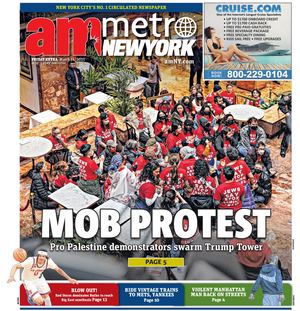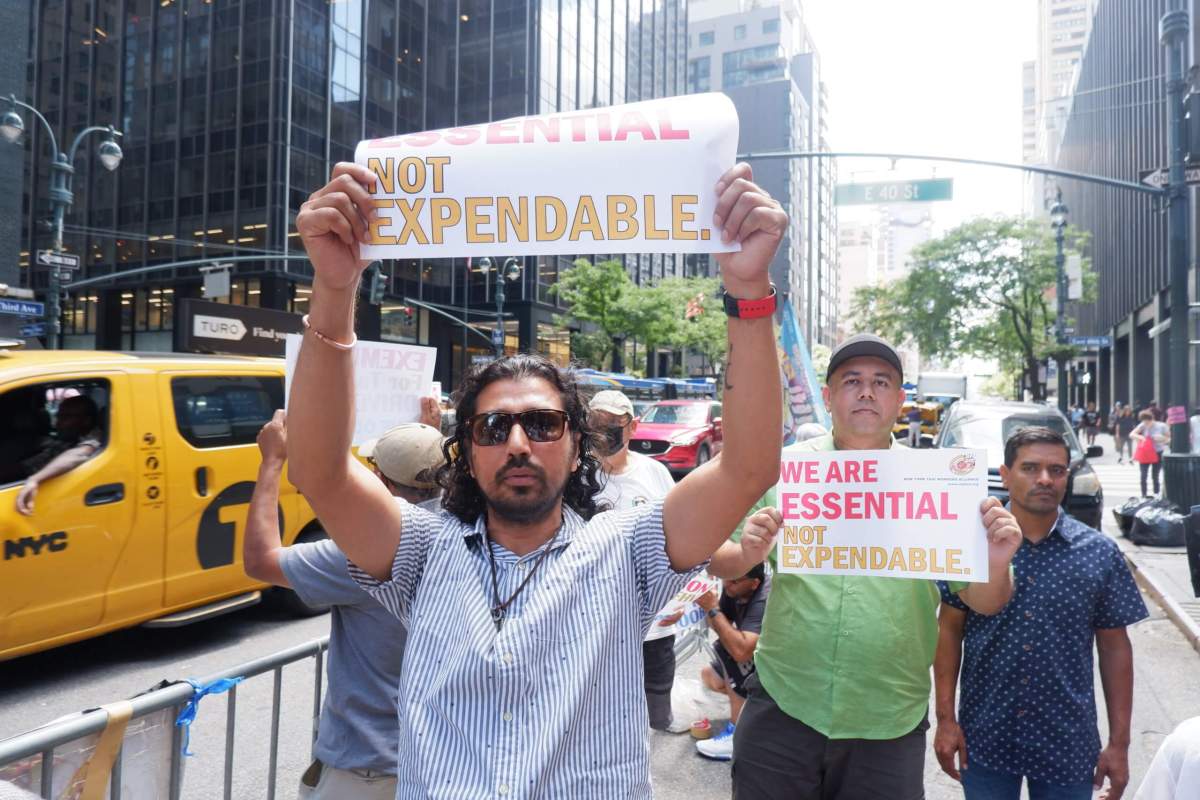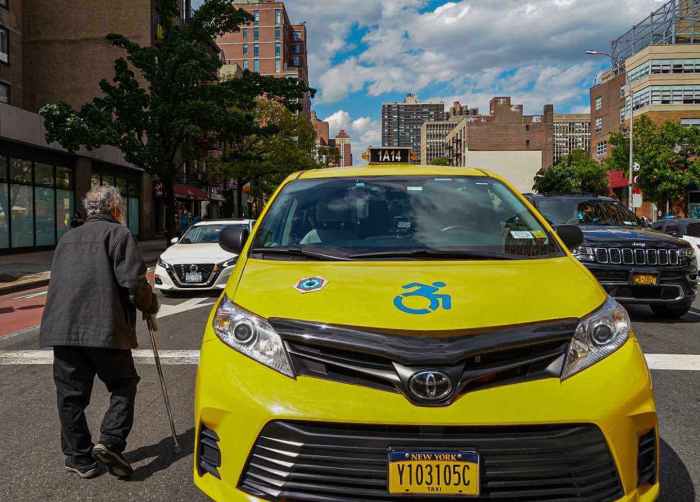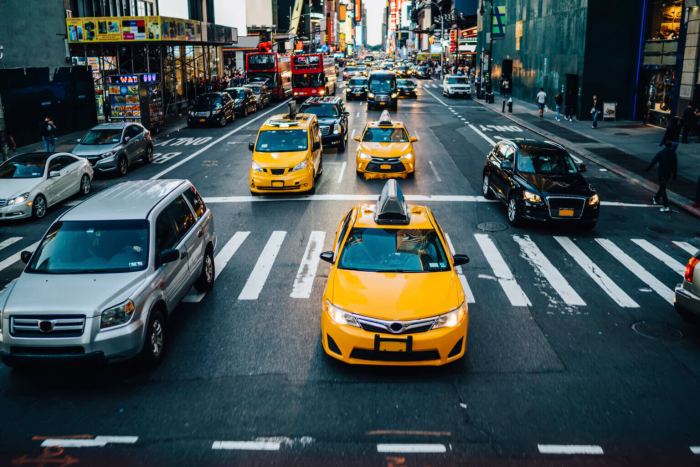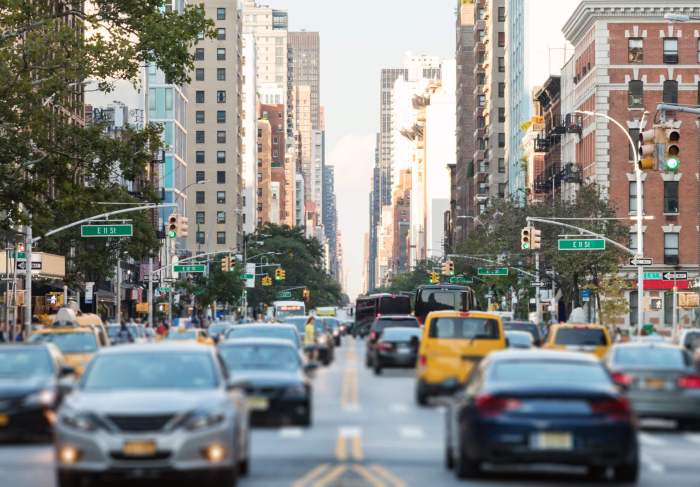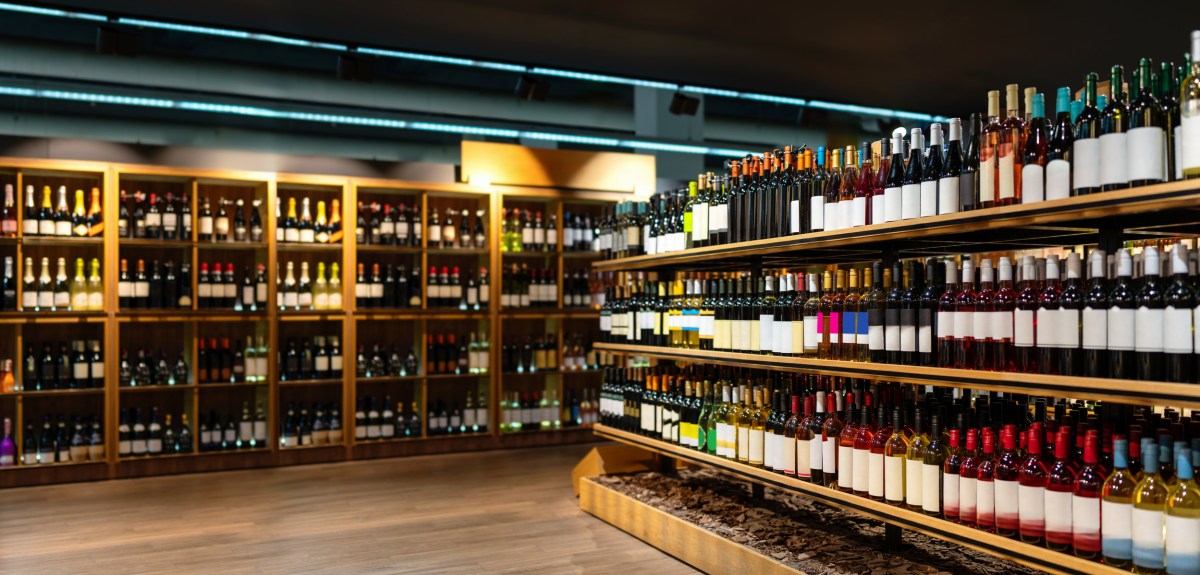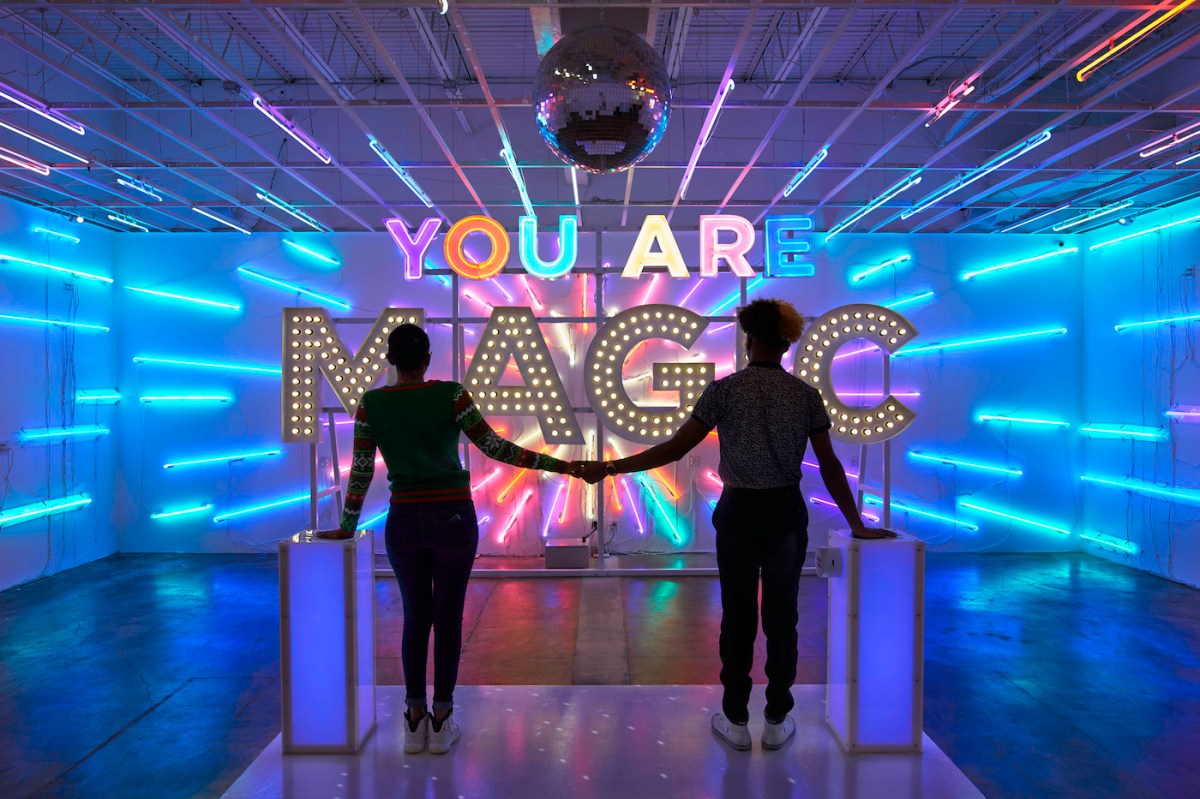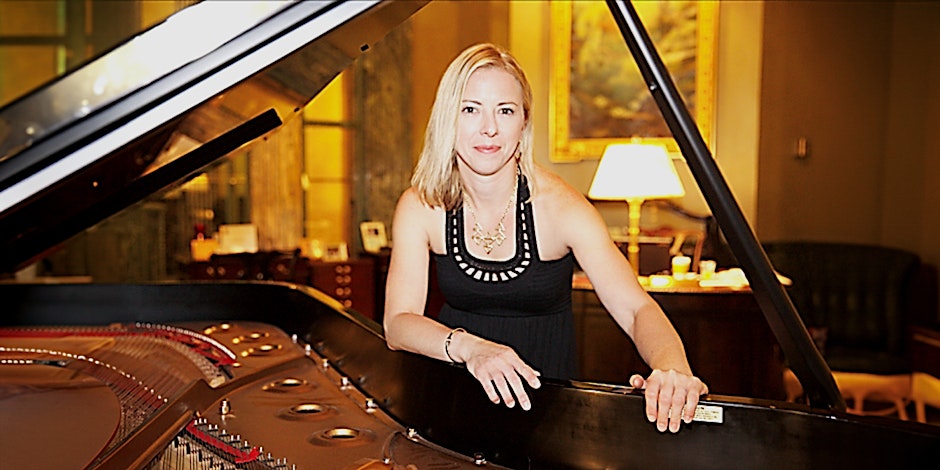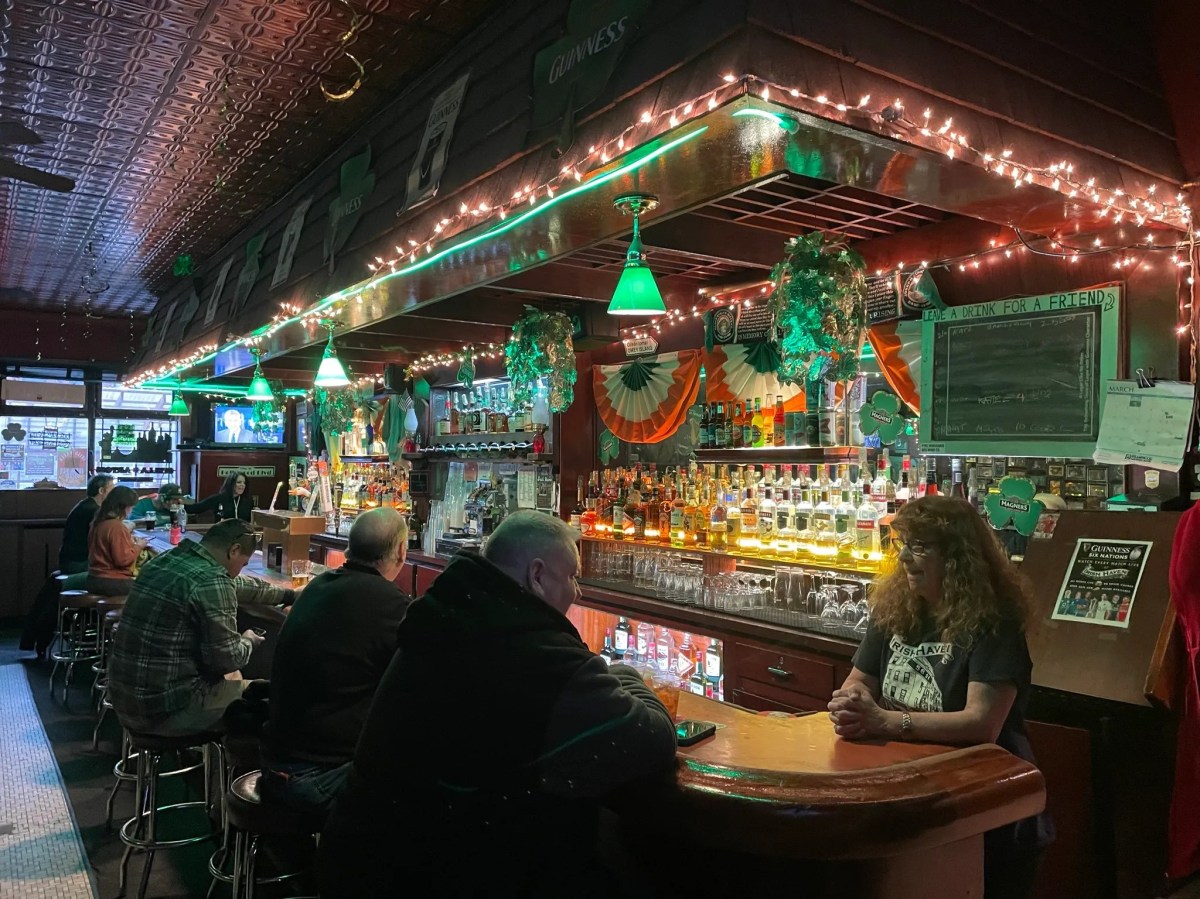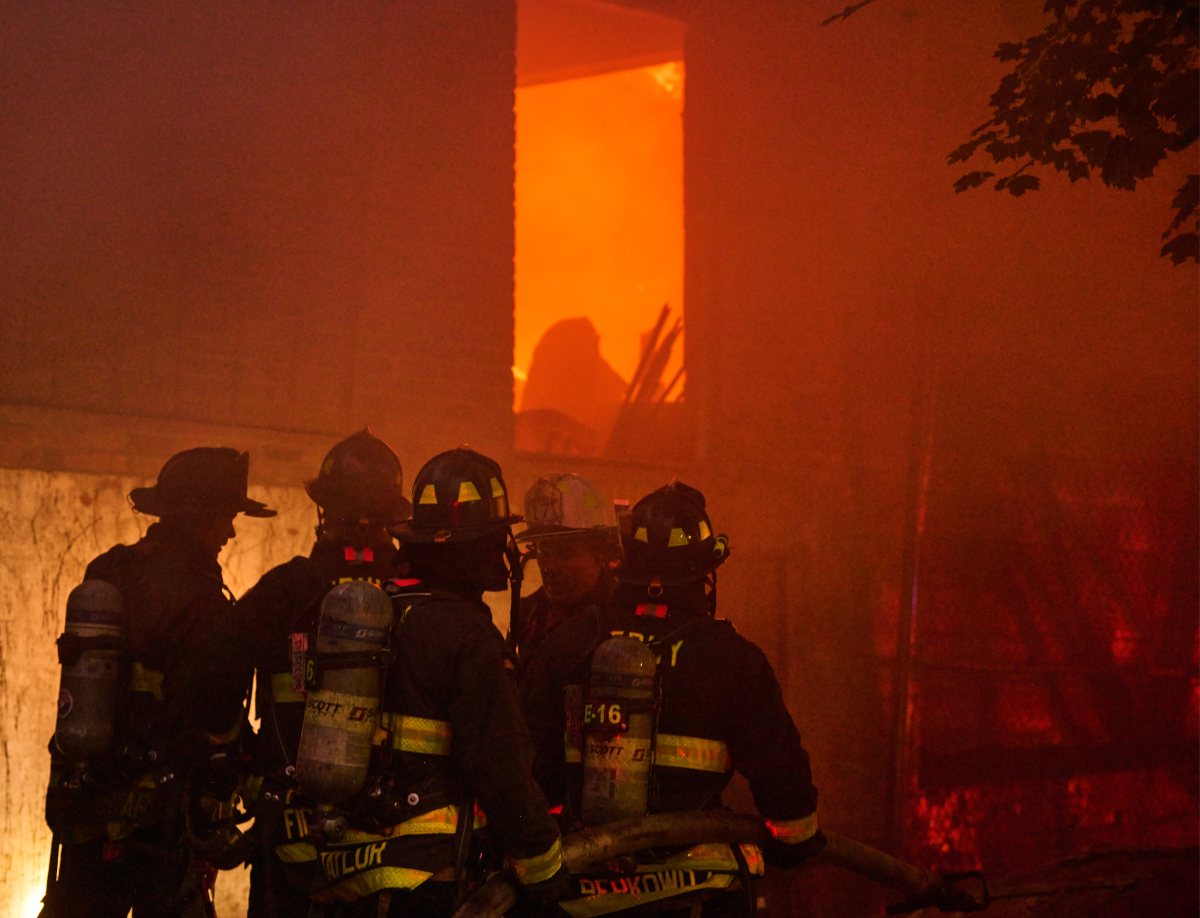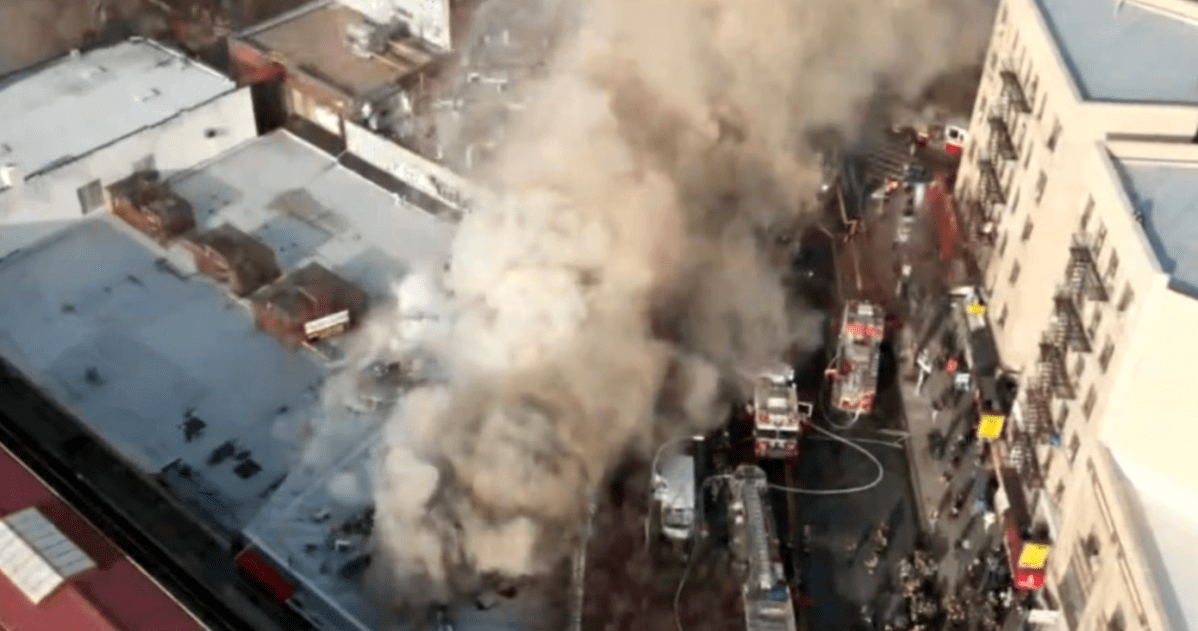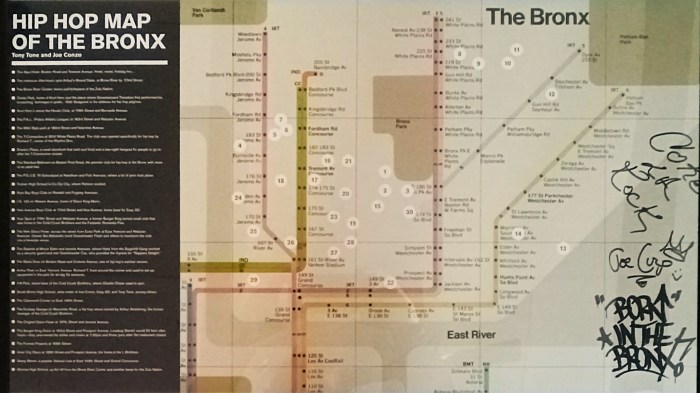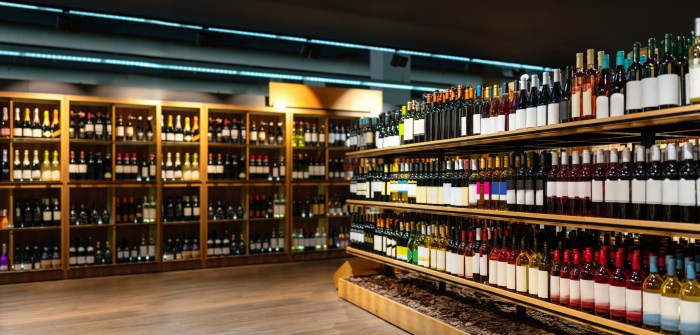Cabbies and drivers for Uber and Lyft demanded Governor Kathy Hochul exempt them from the Metropolitan Transportation Authority’s planned congestion pricing charge to enter Manhattan below 61st Street, at a rally outside her Midtown office Wednesday.
The toll could lead to cabbies and for-hire vehicle (FHV) drivers losing out on income, depending on how officials structure the toll. Due to the outsize impact on those workers, the MTA has proposed a jobs program to train them as bus drivers or contractors with its Access-a-Ride service, but advocates slammed the transit agency’s plans at the Aug. 24 call to action.
“Drivers are facing down a barrel where your only choices are going to be you either lose your lifelong job or you remain an indentured servant to the MTA,” said Bhairavi Desai, executive director of the New York Taxi Workers Alliance, a union representing 25,000 members.
One driver who began working with yellow cabs in 2007 before switching to Uber in 2015 said the MTA should charge trucking and delivery companies instead.
“It is too much for us,” said MD Basunia. “They’re just collecting money, that’s it.”
The MTA plans to raise $1 billion a year from the new charge, against which it can bond $15 billion to fund critical repairs and upgrades to its aging mass transit network as part of its $51.5 billion five-year capital plan.
The scheme aims to cut congestion on the busiest streets of Manhattan and reduce pollution.
Giving too many carveouts to the charge could cost the MTA $3 billion it desperately needs to keep the sprawling system from falling apart, according to a report by the watchdog Citizens Budget Commission Tuesday.
The taxi and ride-share boosters gathered outside Hochul’s Manhattan office a day ahead of the first of six virtual hearings on congestion pricing since transit officials released more details about the possible tolls two weeks ago.
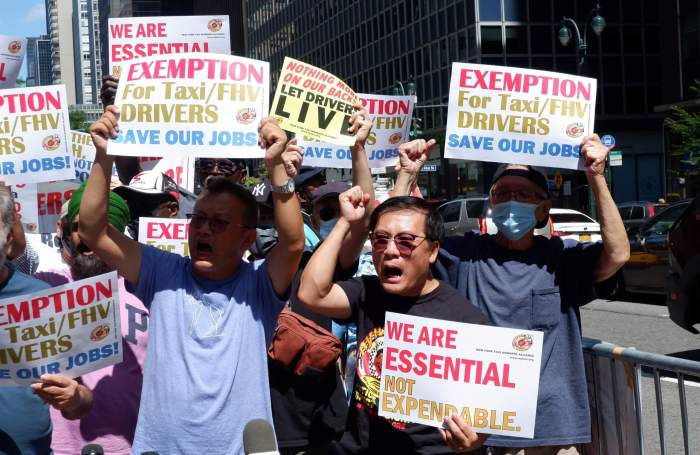
The Thursday feedback session already had nearly 400 people signed up to voice their opinion on the contested congestion plan as of Wednesday evening.
In the MTA’s federally required environmental assessment published on Aug. 10, the agency lays out seven possible scenarios for how the toll could shape out, with different groups of drivers getting exemptions or discounts in the form of daily caps.
The seven setups range from $9–$23 to enter the central business district during peak hours, with tolls rising if there are more exemptions. In some cases, drivers crossing tolled bridges or tunnels into the congestion zone could credit those charges against the congestion pricing fee.
Taxis could get exempt from the fee under two scenarios or pay just once a day, while FHVs charges could get a capped after one or three trips into the zone.
Taxi and FHV drivers could lose out on revenue due to the toll, by traveling up to 16.8% fewer miles a day within the central business district under the scenario which gives high credits for motorists coming in from the Queens-Midtown, Hugh Carey, Lincoln, and Holland tunnels.
“They need to go back to the drawing board. There’s burden in every single one of these scenarios,” said Desai.
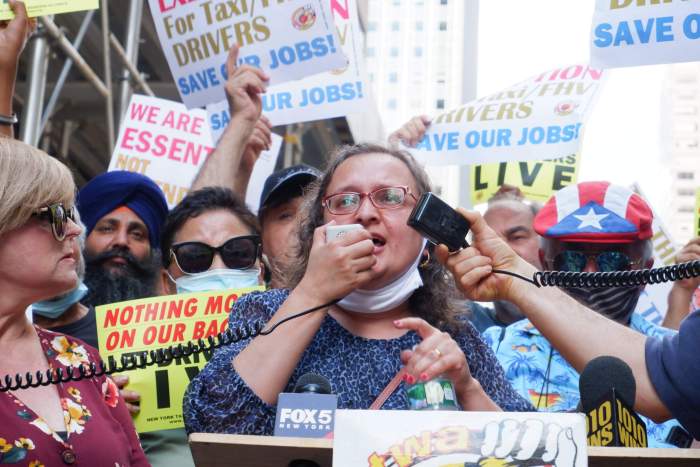
Since 2019, taxis have already had to pay the MTA $2.50 and FHVs $2.75 to operate at or below 96th Street.
The city’s Taxi and Limousine Commission (TLC), which regulates the industry, requires that passengers pay taxi drivers any toll costs during a trip, and the new toll would likely follow the same framework, according to the environmental assessment.
A spokesperson for the MTA noted that the proliferation of Uber and Lyft over the past years has worsened Manhattan’s traffic, and that the seven scenarios are part of the environmental study, not yet final proposals.
“Anyone who has been in New York City in the past decade knows that for-hire-vehicles are a part of the story of congestion in Manhattan’s Central Business District, which has harmful air quality impacts and slows down the economy,” said John McCarthy in a statement. “These scenarios are not being put forward by the MTA or anyone else at this stage as proposals, but public review and feedback is an important element of the Federal process.”
A six-member panel of appointees by the governor and Mayor Eric Adams known as the Traffic Mobility Review Board will study the proposals to come up with a toll for the MTA to vote on, before they start charging drivers in late 2023 or early 2024.
Read more: Biden Visits NYC to Discuss Hudson Tunnel Funding
